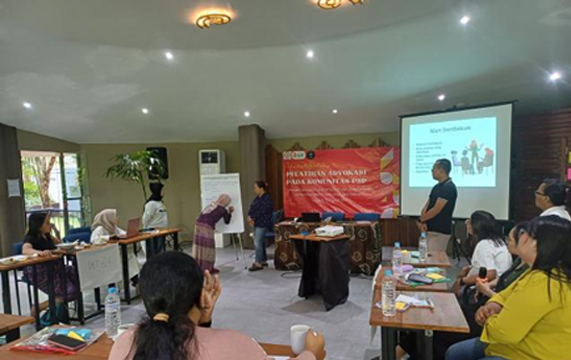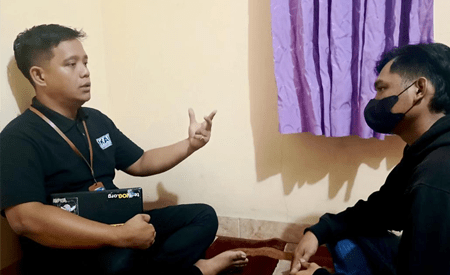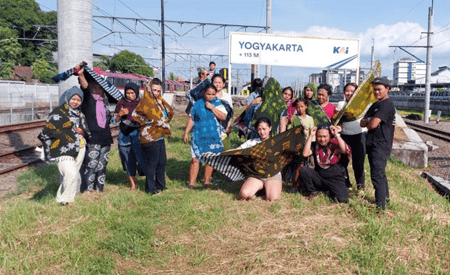


Bermula pada Agustus 2003 bernama Vivasyana yang kemudian pada 15 Februari 2004 berubah menjadi Vesta, pada 10 Januari 2005 telah berbadan hukum lembaga dengan nomor akta notaris 11/10-01-2005 kemudian pada 24 Oktober 2015 terjadi perubahan akta notaris dengan nomor 11/24-10-2015 dan terdaftar pada tanggal 16 November 2018 dengan Surat Keputusan Kementerian Hukum dan Hak Asasi Manusia Republik Indonesia dengan nomor AHU-0020403.AH.0104 dengan nama Yayasan Vesta Indonesia.












Copyright @ 2024 YAYASAN VESTA INDONESIA. All rights reserved.